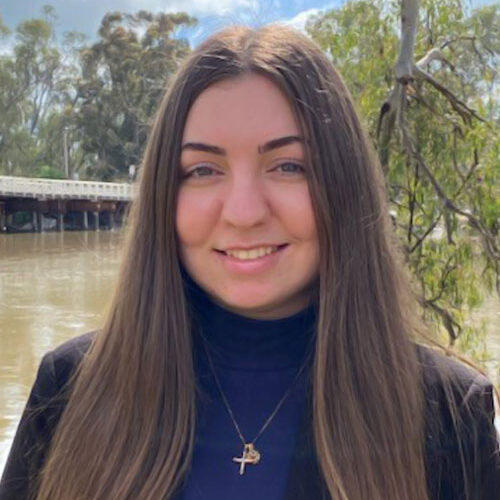We can help you reach agreement
Making choices can be hard, and when you disagree with someone on big choices that affect your life, it is even harder. Sometimes, you get to a point where you can’t even talk to each other about issues relating to parenting, children, finances or property and it seems the last option you have left is to go to Court.
If this sounds like where you are at, then mediation or Family Dispute Resolution (FDR) may be the next best step for you
What is mediation and Family Disputes Resolution?
Mediation is when a specialist (mediator) helps you to work through a dispute so you can reach an agreement. It gives you the opportunity to sort out issues like:
- Parenting arrangements
- Issues with child behaviour
- Division of property or assets
- Conflicts between home and school
Family Dispute Resolution (FDR) is when you use a nationally accredited FDR mediator to help you work through your dispute. FDR usually involves couples who are going through separation or divorce. This type of meditation is required should your dispute end up going to Court.
What types of mediation are available?
There are lots of options when it comes to mediation:
- Child inclusive FDR – this follows the same process as FDR, except the child has a specially trained consultant to share their views on their behalf
- Legally assisted mediation – you and your ex-partner agree to bring your lawyers into the problem-solving and agreement-making phase
- Parent-child mediation – gives you and your child a safe space to work through any issues that need resolving
- Parent-teacher mediation – helps resolves conflicts between home and school
- Property mediation – helps separating couples reach an agreement on sharing their property and finances
There are benefits to each type of mediation, and our Nationally Accredited Mediator will work out what mediation will best suit your situation and needs, and facilitate the process.
Why does mediation work?
It can be difficult to sort out a dispute on your own, especially if communication isn’t going smoothly. For people to feel happy with the agreement after a dispute, they need to feel that:
- The process was fair
- The agreement or decision made was reasonable
- The relationship between the participants has been helped
- They can manage communications in the future
Our mediation method can address all these, using a process that focuses on:
- Talking about your issues, ensuring both of you are heard and understood
- Focusing on what is most important, especially when it comes to issues related to children
- Looking at options
- Working out how to reach an agreement
- Recording agreements reached
What you need to know about mediation
Mediation only works if everyone involved is willing and able to negotiate. It is designed to empower you to work at your own pace, explore options and make decisions that everyone can live with.
Your mediator will remain neutral, they will help you negotiate without taking sides or making decisions for you.
Agreements can be as comprehensive or brief as you want and are not legally binding. However, steps can be taken to make them binding, and, in some situations, we will advise you to do so.
What are the benefits of mediation?
Mediation has lots of benefits when compared to other ways of settling disagreements:
- It is cheaper and faster than going to Court
- You get the chance to fully express yourself in a safe space
- It helps protect and repair relationships
- It is less formal that working through lawyers or the Courts, making it more comfortable to reach an agreement
- It is confidential – unless there is an immediate danger to people or property
- You get to be part of the decision-making process – unlike at Court
What if we don’t reach an agreement?
Unfortunately, sometimes an agreement just can’t be reached. Even if you don’t reach an agreement, people often find that mediation has helped them communicate and understand the other person's opinions better.
Reasons that mediation might not reach an agreement include:
- One party not attending
- One or both parties not making a genuine effort to resolve the dispute
- The mediator deciding your case is not appropriate for mediation either before or during the process
If this happens, you will be advised what the next best step for your situation is, and if necessary, referred to counselling services, family therapy or an alternative mediation service.
What is Parenting Coordination?
Parenting coordination is an alternative dispute resolution process, used to help highly conflicted parents to put aside their differences and implement their Parenting Arrangement. It’s all focused on ensuring the children's best interests are achieved.
The process of parenting coordination includes education; dispute resolution and, where necessary, decision-making about implementation issues. It can also involve clarifying the terms of a Court Order or Parenting Arrangement, to head off disputes, for example - what 'handover on Friday afternoon' means.
As trained Parenting Coordinators, we help to develop protocols with parents around communication, exchange of information, exchange of clothing, and parent-child contact, to ensure implementation of the Parenting Arrangement is understood and achieved without conflict.
















